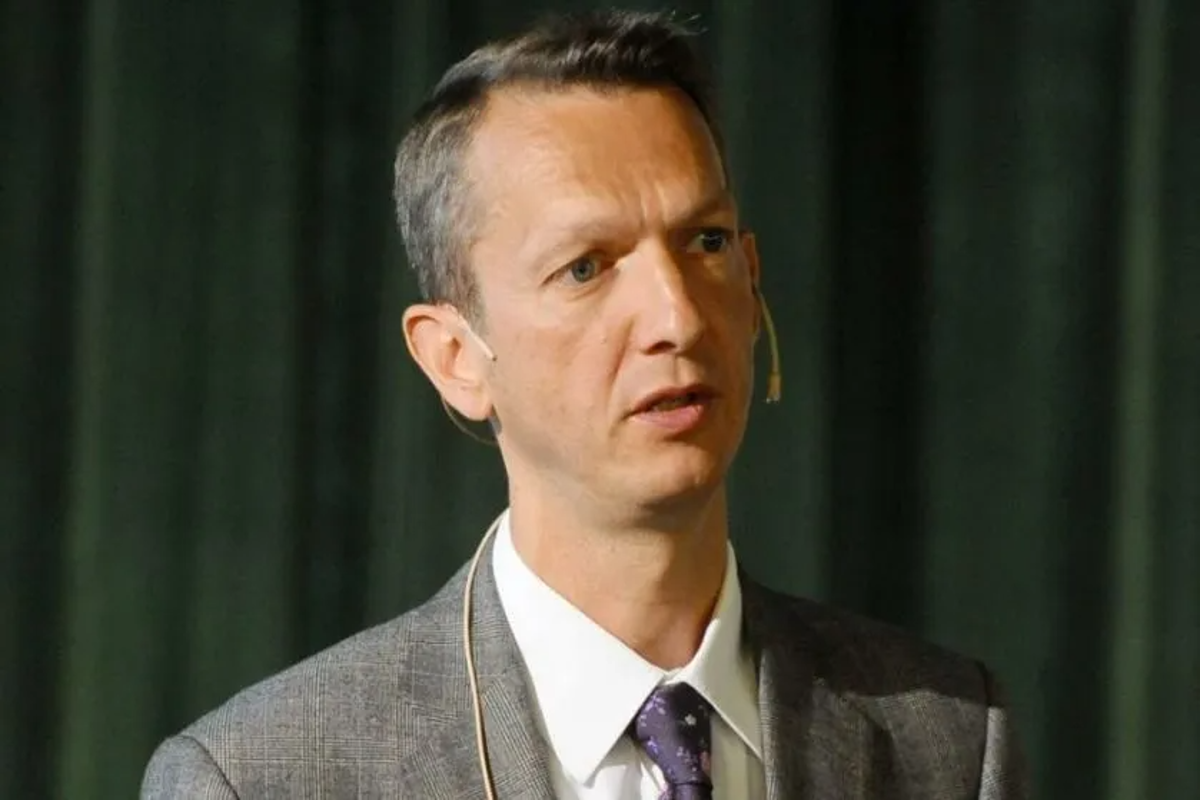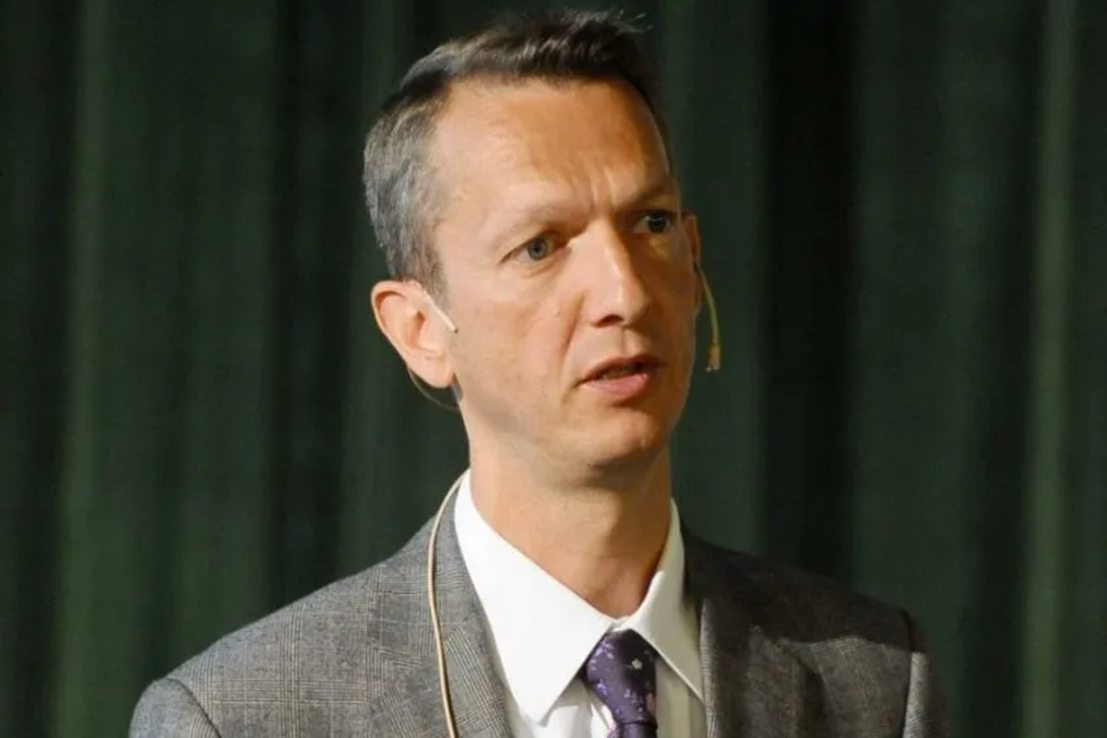Haldane: Bank of England only ‘six months late’ if it starts cutting rates in June
Speaking on LBC, Andy Haldane, the Bank's former chief economist, said "they (the Bank) should have been cutting from around January."


Interest rate cuts will only be “six months late” if the Bank of England starts cutting in June – which it probably won’t, its former top wonk has said.
Speaking to Nick Ferrari on LBC, Andy Haldane, the Bank’s former chief economist, said “they (the Bank) should have been cutting from around January.”
“If we’re lucky, they’ll only be six months late, the risk might be we’re slower still,” he added.
Haldane said that inflation was “pretty much back where we’d want it to be” after figures out earlier this week showed it had fallen to 2.3 per cent, its lowest level in nearly three years.
He argued inflation would stay around the two per cent target, meaning the major risk facing the Bank was the chance that leaving rates on hold would strangle a budding economic recovery.
“The risks are all around the economy for me, it’s struggling for breath. The Bank with its interest rates policy still has a chokehold on the economy, it’s time to release their grip. If they crack on, starting as early as next month, that’s probably ok. The risk is they linger a bit too long,” he said.
However, markets now think it is very unlikely that the Bank of England will cut interest rates in June.
Although inflation fell to 2.3 per cent, economists had expected it to fall to 2.1 per cent. Services inflation, which the Bank sees as a more accurate gauge of domestic price pressures, only fell to 5.9 per cent from 6.0 per cent the month before.
Before the figures were released, markets thought the odds of a June interest rate cut were 50-50. This fell to 12 per cent after.
Haldane said June was a “coin toss,” suggesting there was a “slight reticence” in the Bank which worried him.
August is still very much on the cards, particulary after a business survey released today showed that the cost pressures facing businesses were easing.
Input price inflation dropped to its lowest level in seven months, helping push selling price inflation to its lowest level since February 2021.
Rob Wood, chief UK economist at Pantheon Macroeconomics, said: “The PMI can give the MPC some hope that services inflation will slow once more in future months,” predicting the Bank would cut rates in August.



